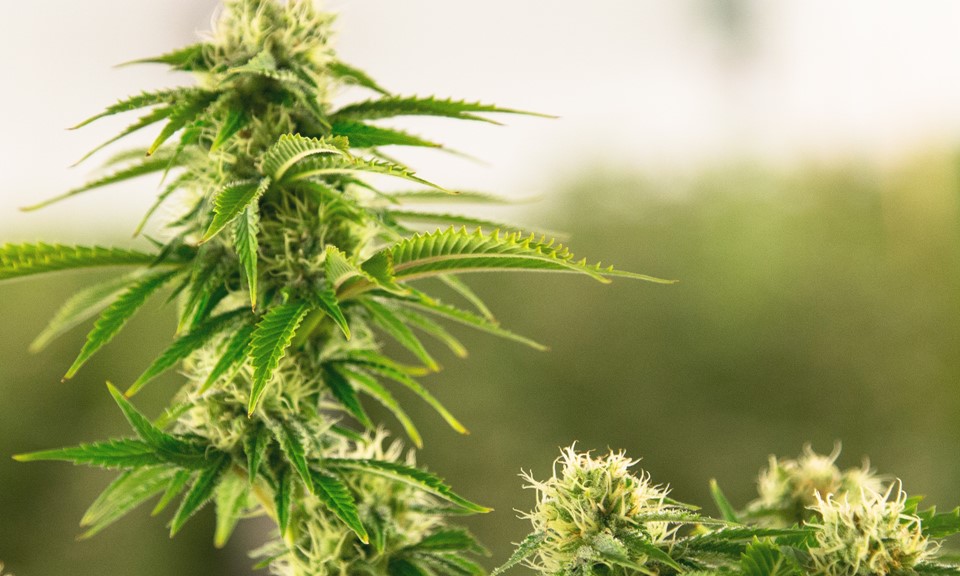The cannabis world moves fast, with an ever-changing landscape of products and regulations. In trying to keep up with it all, you may find yourself with nagging questions about the basics, like what the fundamental differences are between hemp and cannabis.
Though both are biologically categorized as cannabis, hemp is the term for products made from industrial or agricultural hemp, including fiber and seeds. In contrast, cannabis refers to products made from marijuana plants with high concentrations of Tetrahydrocannabinol (THC). Here’s a quick, digestible guide to hemp, cannabis, and the major differences between the two plants.
What is hemp?
Hemp is a variety of Cannabis sativa L. that has not been selectively bred for the psychoactive compounds found in marijuana, most notably THC. In the U.S., hemp is legally defined as cannabis with less than 0.3% THC. However, hemp can contain high levels of CBD (cannabidiol), which has high wellness potential when consumed in specified doses.
With the passing of the Agriculture Improvement Act of 2018, more commonly known as the 2018 Farm Bill, hemp was reclassified from a Schedule I substance, which means it’s no longer legally considered to have high potential for abuse with minimal to no medicinal benefits.
What is cannabis?
Cannabis refers to cannabis plants and corresponding products containing high THC levels and, with notable exceptions, low CBD content. It has been selectively bred for decades to contain high concentrations of psychoactive compounds that produce a euphoric sensation known as the cannabis “high.” However, cannabis also comes in strains with lower amounts — or even no — THC but higher levels of CBD. These varieties are sometimes referred to as hemp because they’re thought to have similar benefits without making you feel intoxicated after consumption.
While products from both cannabis and hemp come from the same plant species, their chemical compositions vary significantly due to processing, cultivation methods, and other factors.

What is CBD oil?
Cannabidiol (CBD) is one of the most common compounds found in cannabis plants, with numerous potential wellness benefits. Hemp oil also contains high concentrations of CBD but minimal THC. In contrast, marijuana-derived products contain only trace amounts of this compound and higher THC content levels depending on how they are made. CBD oil has been shown to help people with various medical conditions, including epilepsy, chronic pain, anxiety, and multiple sclerosis. It’s also thought to be beneficial in helping promote relaxation, improve sleep quality and reduce stress levels.
Cannabis CBD vs. Hemp CBD
Even though they come from the same plant species, CBD oil made from cannabis and hemp differs significantly in their chemical compositions. Hemp-derived CBD oil is high in CBD and low in THC, while marijuana-derived CBD oil may contain more than 0.3% THC and lower amounts of CBD. Cannabis CBD oil may also contain other cannabinoids that contribute to its wellness effects, such as CBN and CBG. In contrast, hemp-derived CBD oil typically only contains trace amounts of these compounds.
Hemp oil is derived from hemp seeds, a byproduct of pressing the plant for edible oils. The hemp seed oil contains only small traces of this compound since it’s made up primarily of triglycerides containing palmitic acid, oleic acid, and linoleic acid. It’s used as cooking oil in many parts of the world due to its great mild flavor and health benefits. However, marijuana-derived CBD oil has higher concentrations than regular hempseed oil because cannabinoids aren’t found anywhere else within the plant.


